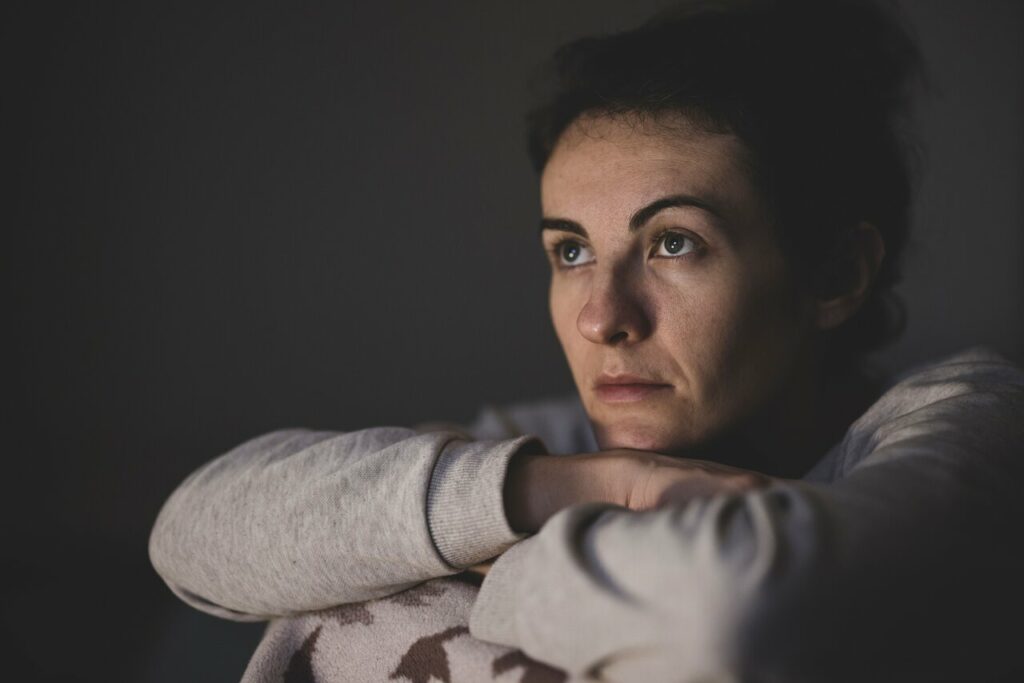Most people know that getting a good night’s sleep is essential for optimal health, but many don’t know how to go about improving their sleep habits. In this guide, we will outline some simple tips for getting a better night’s sleep.
Following these tips should help you feel more rested and energized during the day. And these will play a vital role in your healthy living. So, let’s get started!
Impact Of Better Sleep On Health:
Most people know that getting a good night’s sleep is important for their overall health, but what many don’t realize is just how significant the impact of sleep can be. For example, studies have shown that people who regularly get less than seven hours of sleep per night are more likely to develop chronic health problems such as obesity, heart disease, and diabetes.

Given the importance of sleep in maintaining both physical and mental health, it’s clear that getting a good night’s rest is essential for overall well-being. So if you’re facing trouble falling asleep, make sure to talk to your doctor about ways to improve your sleep habits.
Guide To Getting A Great Night’s Sleep:
A good night’s sleep is crucial for overall health and well-being, yet many people find it difficult to get the rest they need. There are a few simple things that can help promote better sleep:
Stick To A Sleep Schedule:
One of the most important things you can do to improve your sleep is to establish a regular sleep schedule. That means going to bed and waking up at the same time each day, even on weekends. Doing this will help to regulate your body’s natural sleep rhythm and make it easier to fall asleep at night.
Create A Relaxing Bedtime Routine:
Another way to promote better sleep is to create a relaxing bedtime routine. This can involve taking a warm bath, reading a book, or doing some gentle stretching. The key is to do activities that help you wind down and prepare for sleep.
Pay Attention To What You Drink:
What you eat and drink can also affect your sleep. Avoid caffeine and alcohol in the evening, as they can make it harder to fall asleep.
Relaxation Techniques:
Several relaxation techniques can help you fall asleep. One popular option is to focus on your breath and count each inhale and exhale. Other options include progressive muscle relaxation, which involves tensing and relaxing different muscle groups in the body, and guided imagery, which involves picturing a peaceful scene in your mind.
Invest In A Comfortable Mattress And Pillow:
A comfortable mattress and pillow can make a world of difference when it comes to your sleep quality. If you’re not comfortable, you’re more likely to toss and turn all night long. Investing in a good-quality mattress and pillow is worth the investment if you want to improve your sleep quality
Leg Pillow Works Wonders For People With Back Pain
If you suffer from back pain, a leg pillow may help. This type of pillow is designed to support your legs and keep your spine aligned while you sleep. This can help to reduce pain and improve your sleep quality.
Keep A Cool, Comfortable Bedroom Temperature:
Your bedroom should be cool and comfortable if you want to improve your sleep quality. The ideal bedroom temperature for sleeping is between 60-67 degrees Fahrenheit. If you find it too cold or too hot, you’re more likely to have a disrupted night’s sleep.
Wind Down Before Bedtime:
One of the best ways to improve your sleep quality is to wind down before bedtime. This means avoiding stimulating activities such as watching television or using your phone in the hours leading up to sleep. Instead, try a relaxing activity such as reading or listening to calm music
Avoid Napping During The Day:
Although it may be tempting to take a nap during the day, it’s best to avoid napping if you want to improve your sleep quality. Napping can interfere with your body’s natural sleep rhythm and make it harder to fall asleep at night. If you are feeling tired during the day, try to get some exercise instead of taking a nap.
Eat A Healthy Diet:
It is important for overall health, but it can also help to improve your sleep quality. Avoid eating large meals before bedtime as this can make it harder to fall asleep. Also, avoid drinking alcohol before bed as it can disrupt your sleep. Instead, try eating a light evening meal such as soup or salad.
Avoid Sleep Medicine:
While sleep medication can be helpful in the short term, it’s not a good long-term solution. If you’re regularly having trouble sleeping, talk to your doctor about other options.
Avoid Blue Light:
Exposure to blue light in the hours before bedtime can make it harder to fall asleep. If you’re using electronic devices in the evening, make sure to use them with blue light filters or limit your exposure to screens in the hours leading up to bedtime.
Why Avoiding Slept Dept Is Important:
Most people know that getting a good night’s sleep is important for their overall health, but what many don’t realize is just how significant the impact of sleep can be.
For example, studies have shown that people who regularly get less than seven hours of sleep per night are more likely to develop chronic health problems such as obesity, heart disease, and diabetes,& blood pressure.
Reasons For Sleep Deprivation & Sleep Disorders:
Sleep deprivation is a major problem in today’s society. According to the National Sleep Foundation, more than one-third of Americans are sleep deprived. There are many different reasons why people may struggle to get enough sleep.
Sleep Apnea:
You can have sleep apnea if you snore loudly or feel tired after a good night’s sleep. This is a condition where your breathing is interrupted during sleep. Sleep apnea can be treated with lifestyle changes, such as losing weight or sleeping on your side, or with the use of a CPAP machine.
Jittery Legs Syndrome:
If you have an irresistible urge to move your legs, especially when you’re trying to sleep, you may have restless legs syndrome. This condition can make it difficult to fall asleep and can cause you to wake up frequently during the night. Restless legs syndrome can be treated with medication or lifestyle changes
Chronic Insomnia:
If you’ve been struggling to sleep for more than a month, you may have chronic insomnia. This is a type of insomnia that can be caused by stress, anxiety, or other medical conditions. It can be treated with medication, therapy, or other treatments.

Sleep Movement Disorders:
If you find yourself moving around a lot during sleep, you may have a sleep movement disorder. This can include conditions like restless legs syndrome and periodic limb movement disorder.
Sleep Cycle:
Poor sleep can contribute to fatigue during the day. People go through periods of light and deep sleep as part of their natural sleep cycle.
The Final Verdict:
We hope that this guide has helped you understand the importance of sleep and how to get a great night’s sleep. Getting enough quality sleep is essential for overall health and well-being, so make sure to prioritize it in your life. Follow the tips we shared in this guide, and you’ll be on your way to a better slumber in no time!


